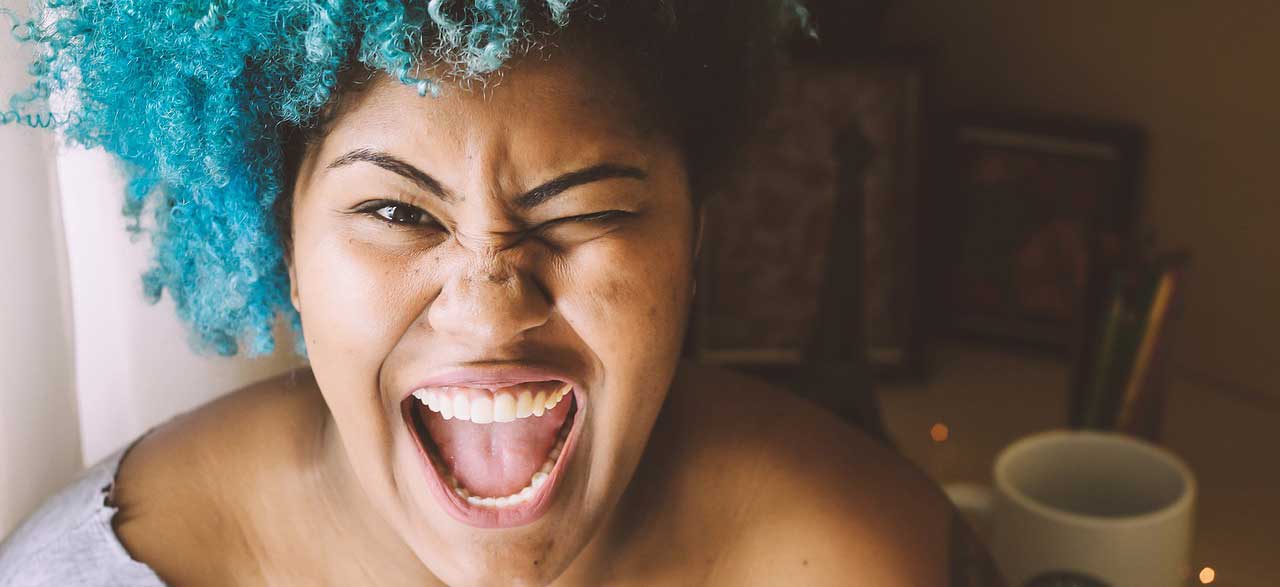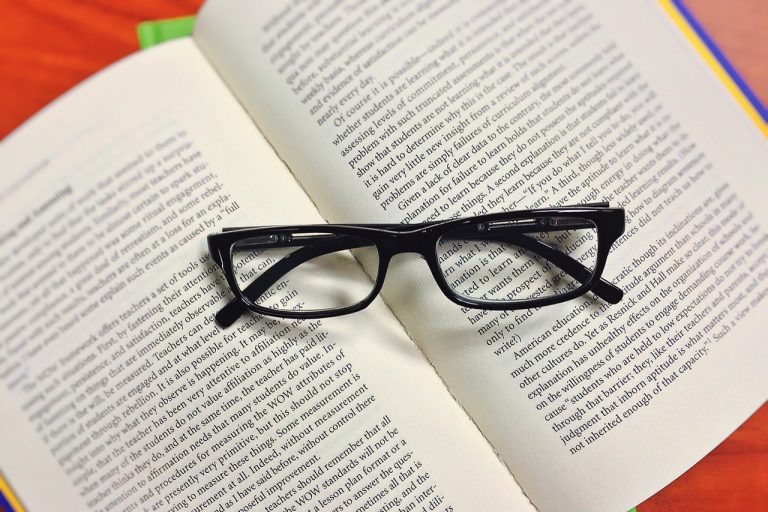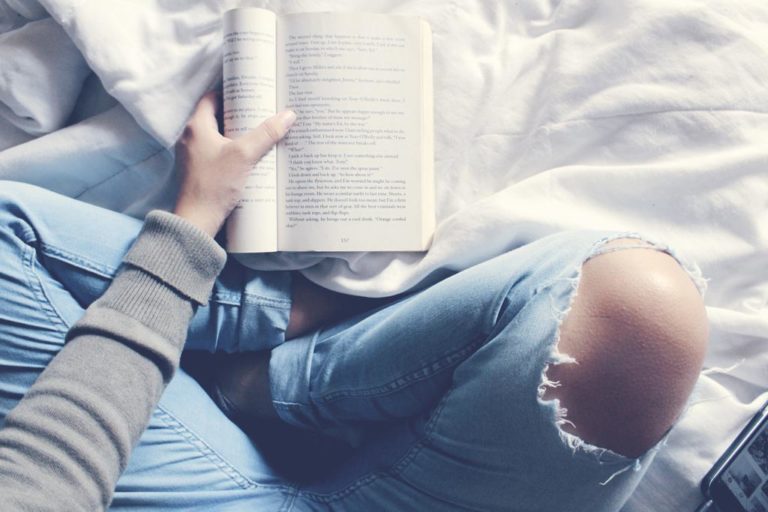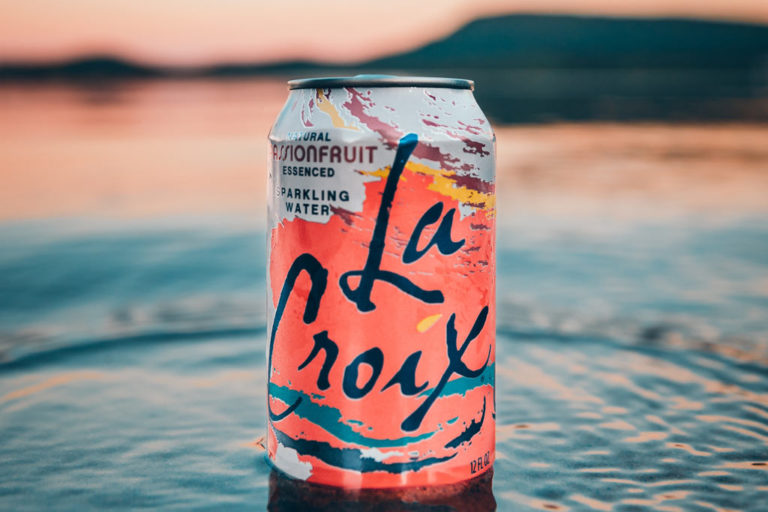You Can’t Touch My Hair: And Other Things I Still Have to Explain, by Phoebe Robinson
Phoebe Robinson has written the book non-people of color need to read. Her memoir You Can’t Touch My Hair: And Other Things I Still Have to Explain approaches the issue of race in America in an affable, humorous, pop culture-laden style. She is not preachy, often self-deprecating, and always funny.
Throughout Robinson’s book, she refers to non-white people as people of color (POC) as a more inclusive catchall since, even though she is writing from a black person’s perspective, she recognizes a shared experience for most POCs. For simplicity, I will use the same acronym.
For When You Want Your Relevant Societal Topics Funnier
They always say time changes things, but you actually have to change them yourself.”
-Andy Warhol
As for my own perspective, I am a white female in my thirties. I have lived mostly in the bosom of middle-class suburbia with a low population of POCs. Later I taught public high school to inner-city teenagers, with the majority of the student population and about half the staff being POC. I relate greatly to Phoebe Robinson in so far as our shared experience as women and growing up in similar social groups. And, wow, her pop culture references are spot on and witty, I’m pretty sure we DVR all the same shows. In general, I have more than a passing acquaintance with cultures other than my own. However, her book was refreshing and enlightening.
Obviously, the issue of natural hair and the care and culture surrounding it in the black community plays a huge theme in the memoir. But, so does her great and all-consuming obsession with birthing Michael Fassbender’s babies. For real. In fact, I think after reading this memoir we are really on more of a first name basis than a Ms. Robinson basis. Phoebe’s writing is conversational and real. You feel like you are talking to a girlfriend, not reading a diatribe on race or being a woman in America.
For the most part, this book is great for those who are not intimately aware of black culture. Not just, “I have a black friend.” There are many things I knew and there was a lot I learned (like I had no idea the word uppity had any racial connotations, is it a northern thing?). When I taught high school I learned a great deal about black hair and its importance in black culture. One time I had my co-teacher in fits of laughter when she explained to me what a perm did to black hair (it is not the same as a white person perm – in fact, it’s the total opposite – Why do they even have the same name? Do they use the same solution? I’m just glad I don’t look like a fried poodle anymore, thanks for letting that trend die, society!) This book really expounds up on that and explains why the beauty shop is so important. If I had to spend eight hours getting my hair done, every month or so, it would probably be a big deal to me too. It’s one thing to know that going to the beauty shop is part of the routine, but not the rationale and the pressure to do so from a young age. Being raised to treat a part of your God-given body, as she says, “as a problem that needs to be remedied, that [you] need to have that ‘good hair,'” would be a hard weight to bear.
“Black hair has always been somewhat mysterious, like who the heck Keyser Soze is or why Forever 21’s adult-sized leggings are so small they could double as condoms for sea turtles.
-Phoebe Robinson
People Only Care About Their Own Insecurities
A lot of what is covered is simply information needed for understanding. Phoebe references Viola Davis, from How to Get Away with Murder, several times throughout the book. One scene from the show, in particular, is when Viola Davis is removing all of her makeup and then takes off her wig. When I watched the scene I thought it was powerful. It was emotional and raw and I was ready to hand out the Emmy myself. When Phoebe recounts the same scene she felt everything I did but also noted how revolutionary it was from a POC standpoint as black women are not often shown with their natural hair like that and certainly not in a behind-closed-door manner that the scene portrayed. And, she was right. Maybe that is why that scene brought out all the feels because as Viola Davis was stripping everything off it made you feel that she was spent and exhausted and done.
As more and more books, entertainment, and general mass media begin showing the day to day in real people’s lives (like really, who are all these people on TV with these kitchens? They’re all amazing) we’ll all really begin to see how it is to live in another person’s culture. And, when we see we begin to understand, then accept, then normalize, then move on.
I think the message that the hair to be desired is beautiful and sleek, full and with volume is coming through to all races loud and clear. That’s why women are doing all the crazy things to get the full hair, to stop hair loss, to have a perfect wave but not just a curl. That I have to spend an hour on my hair to make it look like I woke up like this! The message that your natural state (unless you happen to roll out of bed with a perfectly tousled Victoria’s Secret Angel head of hair) is not good enough is one that all women receive loud and clear. Phoebe sharing her perspective on her culture is just a way to make everyone realize how much we all have in common. That a lot of our differences are just a lack of understanding that everyone has something to be insecure about. Exposing people’s insecurities tends to make people a little bristly and uncouth.
Doing Better
One of my favorite chapters in the book was Phoebe Robinson’s list of “People, Places, and Things That Need to do Better.” Number one is “The NFL and Its Treatment of Women.” #YASS! Seriously, get it together people. I also like her calling out “Women Who Act Like Sexy Babies.” Eww.? Like, super eww. We don’t want to normalize this kind of behavior it leads to very gross places. Don’t do it. She has a great list and is right about them all. When we decide to do better we will be better. It’s as simple as that. I tell my kids all the time that an apology is only good if they change the way they act otherwise it is meaningless. If you’re going to talk the talk you, have to walk the walk.
This book is a gateway to doing better. Learning removes ignorance and excuses and there is a lot to learn here. Is Phoebe Robinson’s book for everyone. Maybe. I know I have already gushed about how great it is but you also have to recognize people have different learning styles. So, if you enjoy humor and pop culture then yes, absolutely read this book ASAP (there are not many authors who can successfully reference The Hobbit, Moesha, Ricky Martin, and The Sisterhood of the Traveling Pants within a few pages of each other). If you are a bit more modest in your words and actions this book may be a bit crude for you. For example, the word vagina is used. A lot. If that makes you squiggy that is a whole different issue, but you may be more comfortable with another author. For the rest of you, then yes, please read this memoir. By page 285 you will have a new friend in Phoebe Robinson too.









